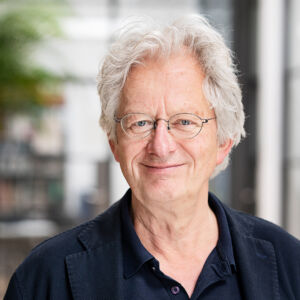State-of-the-Art: Assessing the Qualities of Transdisciplinary Research in German-Speaking Countries
Gabriela Michelini et al.
Thomas Jahn is co-founder of ISOE and was scientific director and spokesperson of the institute’s executive board until March 2021. He is part of the research unit Transdisciplinary Methods and Concepts, which he headed until 2015. Amongst other areas his research focusses on societal relations to nature, transdisciplinary methods and concepts, and social-ecological science research. At the Senckenberg Biodiversity and Climate Research Centre (SBiK-F) Thomas Jahn was the spokesperson of the Research Activity “Ecosystem Services and Climate”. He studied sociology, political science, German studies, and history at the University of Freiburg and Goethe University Frankfurt. At the latter he received his doctorate in 1989 with a thesis on “Crisis as a Mode of Societal Experience: Outline of a Social-Ecological Conception of Society”.
Gabriela Michelini et al.
Gabriela Michelini et al.
Matthias Bergmann, Thomas Jahn
Diana Hummel et al.
Ulrich Brand et al.
